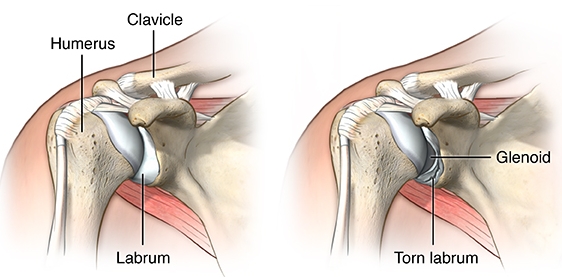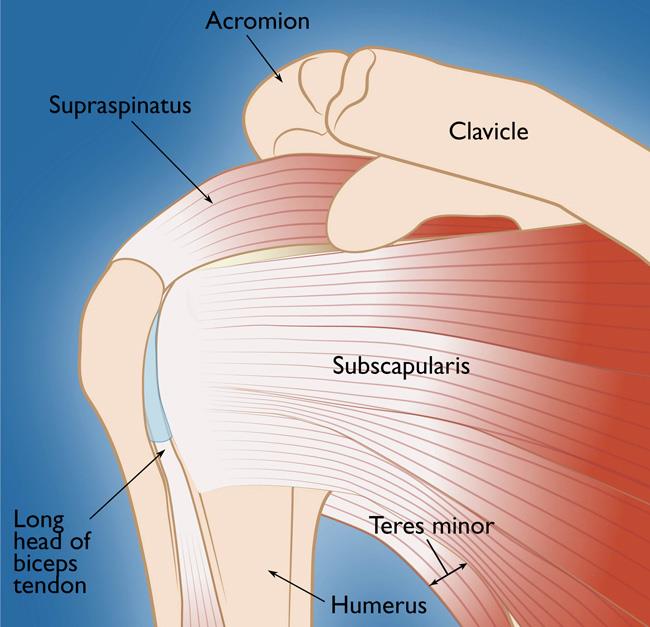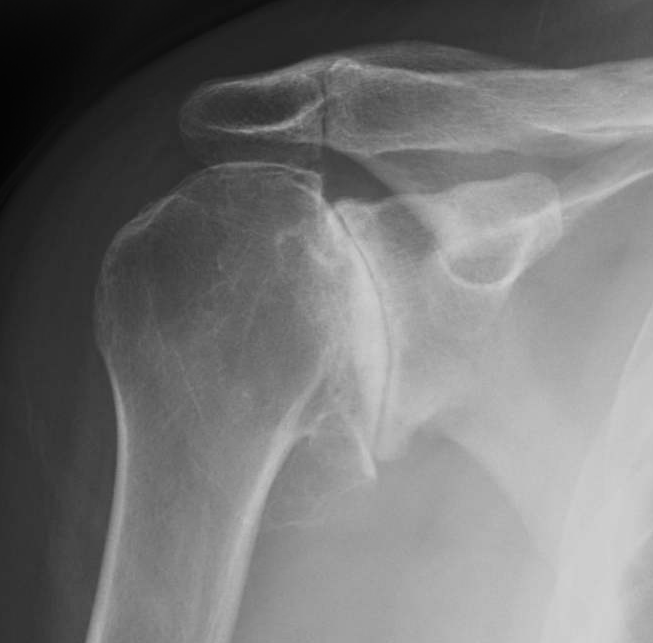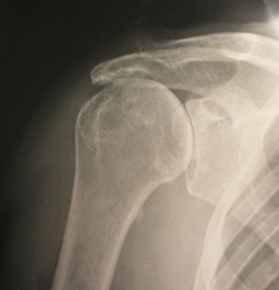


Does shoulder instability mean you have a tear?
Shoulder instability usually occurs when the lining of the shoulder joint (the capsule), ligaments or labrum become stretched, torn or detached, allowing the ball of the shoulder joint (humeral head) to move either completely or partially out of the socket.
Does shoulder labral tear cause instability?
Tearing, stretching or peeling of the labrum can result in shoulder instability. It can also occur with defects of the shoulder capsule and ligaments.

A tear in the tissues connecting muscle to bone (tendons) around the shoulder joint. A rotator cuff tear often occurs in people who repeatedly perform the same shoulder motions. Symptoms include shoulder pain and weakness. Treatment includes rest, medication, physiotherapy, corticosteroid injections and modalities surgery.
Does a rotator cuff tear heal on its own?
Rotator cuff tears don't heal on their own without surgery, but many people can improve functionally and decrease pain with nonsurgical treatment by strengthening their shoulder muscles.
What is the best treatment for rotator cuff injury?
Rest, Nonsteroidal anti-inflammatory medicines, Strengthening and stretching exercises, Ultrasound therapy, Corticosteroid injection, Surgery (for severe injuries)

Osteoarthritis is also known as degenerative joint disease. It is often associated with wear and tear related to aging. It can also affect other joints besides the shoulder and is the most common form of arthritis.
What is the best treatment for shoulder arthritis?
Activity modification. Anti-inflammatory medications. Corticosteroid injection into the shoulder joint. Gentle range-of-motion exercises/physical therapy. Icing or applying heat to the shoulder joint. If pain persists, patient might benefit from shoulder replacement.
What does osteoarthritis in the shoulder feel like?
Limited motion and stiffness: You may lose range of motion and feel stiffness that makes it difficult to do everyday tasks, such as lifting your arm to wash your hair or getting something down from a shelf. Crepitus: Hearing and feeling grinding and clicking noises as you move your shoulder.

Rotator cuff arthropathy is a specific pattern of shoulder degenerative joint disease that results from a neglected rotator cuff tear leading to abnormal glenohumeral wear and subsequent superior migration of the humeral head.
How is rotator cuff arthropathy treated?
Care that includes physiotherapy, ice, heat, and anti-inflammatories is tried first. The goal of treatment is to reduce pain, and increase range of motion and function. Corticosteroid injection into the shoulder joint is also sometimes helpful. Severe cases will require reverse shoulder arthroplasty.